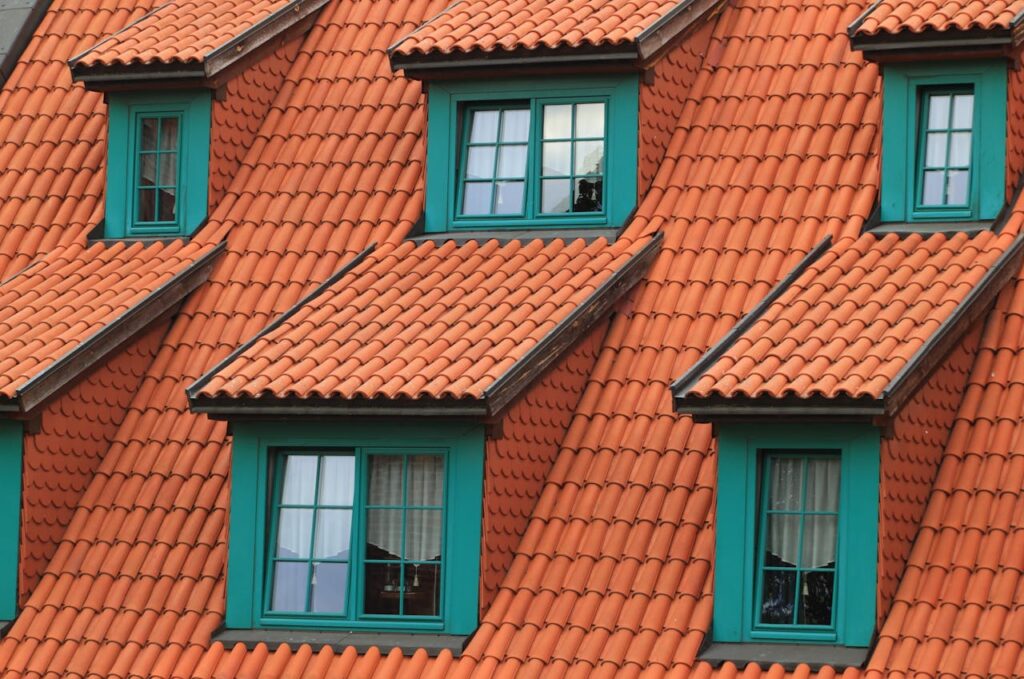Roofs and Solar Panels: The Ideal Age for Installation

Canada’s diverse climate and architectural styles bring a wide variety of roofs. When considering solar panels, it’s crucial to understand how your roof type and its age influence the feasibility and success of a solar installation. Let’s delve into the specifics:
Roof Types and Ideal Installation Ages
- Asphalt Shingles (<15 Years): The most common roofing material in Canada, asphalt shingles offer a decent surface for solar panels if they’re in good condition and relatively new. Avoid installations on shingles nearing the end of their lifespan to prevent potential leaks and the need for premature roof replacement.
- Metal (<40 Years): Metal roofs are generally excellent for solar panels, offering durability and longevity. Ensure the metal is not corroded or damaged.
- Tin (<5 Years): While possible, solar installations on tin roofs can be tricky due to their thinness and potential for damage. It’s best to install panels on newer tin roofs to avoid complications.
- Rock/Slate/Tile (<50 Years): These roofs can support solar panels, but installations are more complex and may require specialized mounting systems. Age is less of a concern here, as these materials are known for their longevity.
- EPDM (<50 Years): EPDM (ethylene propylene diene monomer) is a type of rubber roofing membrane that’s suitable for solar panels, especially when relatively new. Ensure the membrane is in good condition and has no punctures or leaks.
- TPO/PVC (<50 Years): TPO (thermoplastic polyolefin) and PVC (polyvinyl chloride) are single-ply roofing membranes that can accommodate solar panels. Similar to EPDM, their condition is crucial for successful installation.
- Steel (<50 Years): Steel roofs provide a sturdy base for solar panels. Check for rust or damage before proceeding with installation.
- Torch Down (<5 Years): Torch down roofs, made from modified bitumen, are not ideal for solar installations due to their susceptibility to heat and potential damage during installation. If considering solar on a torch down roof, it’s crucial that it’s very new and in excellent condition.
- Tar & Gravel – Not Recommended: Tar and gravel roofs are generally not recommended for solar panels due to their uneven surface and difficulty in securing mounting systems.
- Cedar Shakes – (<10 Years): While aesthetically pleasing, cedar shakes are not the best option for solar panels due to their uneven surface and potential for damage during installation. If you have a cedar shake roof and are considering solar, consult with a professional to assess its suitability.
Why Roof Age Matters
Imagine investing in a brand-new solar system, only to discover that your roof is nearing its end of life. This can easily lead to significant financial burdens, not only will you need to replace your roof, but you’ll also have to remove and reinstall your solar panels, incurring additional costs and potentially voiding warranties.
Moreover, a weakened roof structure can compromise the safety and stability of your solar installation. Over time, roofs can deteriorate due to various factors such as weathering, age-related wear and tear, and potential storm damage. Older materials may not be able to support the added weight of solar panels, increasing the risk of damage or even collapse.
Consider this: A solar system is a long-term investment designed to provide substantial energy savings and environmental benefits over many years. If your roof is nearing the end of its lifespan, it’s like building a beautiful new house on a shaky foundation. The structural integrity of your roof is crucial for ensuring the safety and longevity of your solar installation.
By investing in a new roof before installing solar panels, you can create a solid foundation for your clean energy system. This not only protects your solar investment but also enhances the overall value and safety of your home.
Proceed with Caution
Unfortunately, we’ve had to reject many solar applications due to unsuitable roof types or ages. It’s disheartening to turn away potential solar adopters, but we prioritize the safety and longevity of your investment.
If you encounter solar companies willing to install panels on roofs that exceed the recommended age limits, we recommend you proceed with caution. It’s essential to prioritize the long-term viability of your solar system and avoid potential headaches down the road.
Take the Next Step with Confidence
If you’re ready to go solar, we can help with a risk free consultation to assess your roof’s suitability. Our team will provide expert guidance and ensure your solar journey is smooth and successful. Remember, choosing the right solar installer is as important as choosing the right solar panels. Do your research, ask questions, and ensure you’re working with a reputable company that prioritizes your best interests.